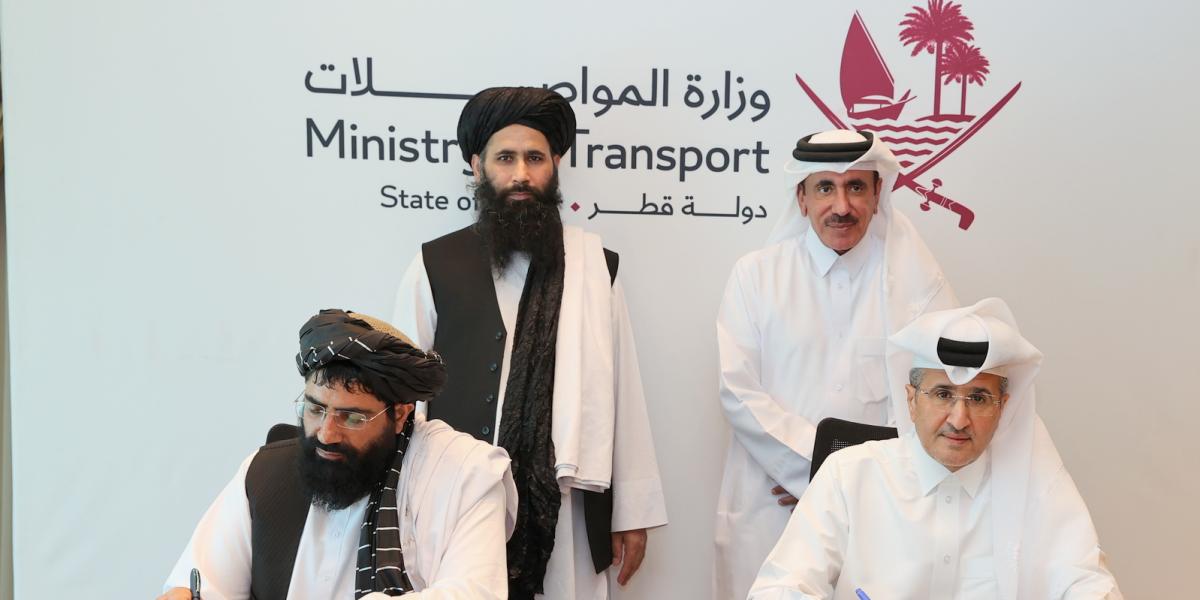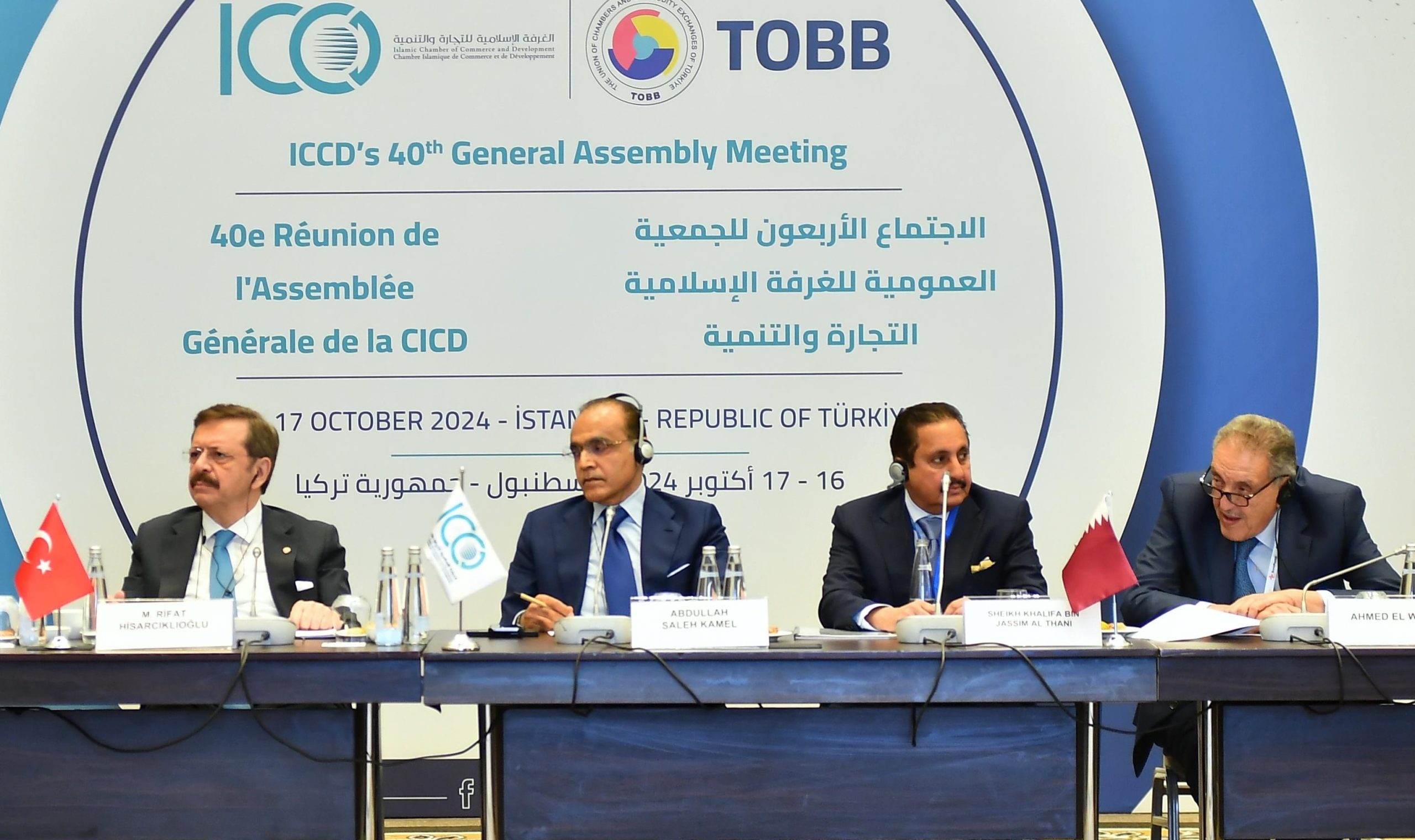
Qatar’s kafala sponsorship system will be changed “soon,” a senior Ministry of Interior (MOI) official has said, adding his voice to a chorus of government sources who have promised revisions are coming, but without specifying when.
While lacking in detail, the statement, which was published in a local Arabic newspaper on Sunday, set social media networks abuzz.
Rumors of imminent changes to the law have been circulating for some time, but this is the first time a senior government source has confirmed such a move to residents, as opposed to pledging changes to human rights groups.
Official’s remarks
Yesterday, Al Raya quoted Brig. Nasser Mohamed al-Sayed, Director of the MOI’s Search and Follow-up Department (SFD), as saying a new law is in the works:
“The Ministry (of Interior) often studies the difficulties and obstacles relating to the expatriates’ status and can make changes in the law if necessary,” he said.
He added that residents can expect “updates and changes to the provisions and articles of the (labor) law,” continuing:
“Regarding cancellation of sponsorship and exit permit system, I can say that soon there will be good news for all citizens and expatriates, and that it will be for the benefit of all parties.”
Al-Sayed also confirmed that the Ministry of Labor and Social Affairs will set up a dedicated complaints unit, staffed 24 hours a day, within the SFD to handle workers’ grievances about their employers.
Residents’ respond
Reaction to the comments have been widespread, with many residents voicing their criticism of aspects of the existing law – particularly the exit permit system, which requires expats to get permission from their sponsor before leaving the country.
Commentators also called for a “transparent” transition to the expected new system, and urged for law-makers to ensure it stood up to public and international scrutiny.
Here’s a sample of the reaction on Twitter:
However, not all reaction is expected to be positive, as the current system is popular with many Qataris who see the provisions as insurance for employers against any sudden departure of their workers.
International pressure
Qatar has come under intense international pressure to change its sponsorship system, particularly as it prepares to host the 2022 FIFA World Cup.
In November last year, UN rapporteur on the human rights of migrants François Crépeau recommended the abolishment of Qatar’s kafala system and said workers should freely be allowed to change employers. He also called for the scrapping of the exit permit system.
His comments came at the end of an eight-day visit to Qatar, in which he toured labor camps while also meeting local government officials, diplomats and members of Qatar’s National Human Rights Committee.
Late last month, Crépeau released a formal report about his visit, debunking the justifications often used to uphold the current sponsorship system. His report will be presented to the UN Human Rights Council in the next few months.
International watchdog Human Rights Watch has also demanded Qatar change its sponsorship system. In a report issued last year, it criticized Qatar for having a “19th Century labor system” and recommended setting out a timetable for implementation of new sponsorship laws.
Some changes to protect workers’ rights are already in the pipeline. Last week, the Cabinet endorsed recommendations made by a special committee to mandate direct deposit payment of wages for all workers. The payment of salaries would be monitored by the banking regulator Qatar Central Bank (QCB).
The move is a way to deal with one of the most common complaints of workers – late payment of their wages, or in many cases, no payment at all.
Thoughts?







